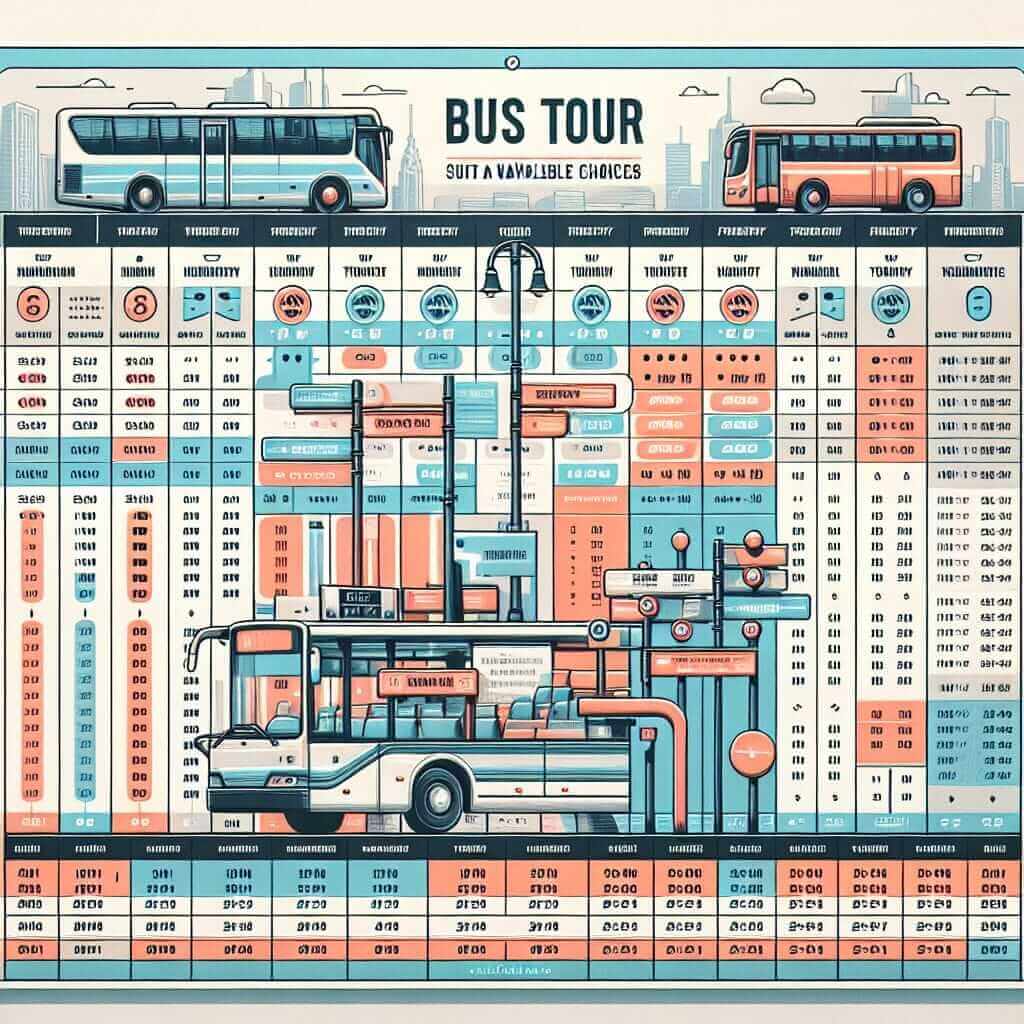As an IELTS instructor with over two decades of experience, I often encounter students puzzled by how to effectively discuss frequency and schedules during the IELTS Speaking test. This is particularly relevant when tackling topics like travel, transportation, or daily routines. One common question that arises is: “How do I talk about how often something happens, especially concerning bus tours?”
This article will equip you with the vocabulary and strategies to confidently address questions about frequency, using the example of bus tour schedules.
Understanding the Importance of Discussing Frequency in IELTS Speaking
The IELTS Speaking test evaluates your ability to communicate effectively in English, and a key aspect of this is using a variety of vocabulary and grammatical structures. When discussing topics like bus tours, being able to express how often they operate demonstrates your fluency and flexibility in English.
Describing Bus Tour Frequency: Vocabulary and Examples
Let’s explore some ways to articulate the frequency of bus tours:
1. Adverbs of Frequency:
- Regularly: “The company runs tours regularly throughout the year.”
- Frequently: “During peak season, tours depart frequently, sometimes even multiple times a day.”
- Occasionally: “They also offer occasional specialty tours for specific events.”
- Rarely: “Tours to more remote locations run rarely due to logistical challenges.”
2. Specific Time Expressions:
- Daily/Weekly/Monthly: “The hop-on, hop-off bus tour operates daily.”
- Every other day: “There are guided walking tours every other day.”
- Twice a week/Three times a month: “The company offers photography tours twice a week.”
- On weekdays/weekends: “Please note that certain tours only operate on weekends.”
3. Using Phrases:
- “Tend to”: “Bus tours tend to be more frequent during the summer months.”
- “On a … basis”: “They offer city tours on a daily basis.”
- “The frequency depends on…”: “The frequency of the tours depends on the time of year and demand.”

IELTS Speaking Practice: Sample Question and Answer
Examiner: “Let’s talk about transportation. How often do you think the top bus companies run tours in your city?”
Candidate: “Well, in my city, the top bus companies are quite active. They tend to run tours on a daily basis, especially during peak tourist season. You can usually find hop-on, hop-off buses departing every 30 minutes or so. There are also guided tours that happen twice a week focusing on specific themes like history or architecture. Of course, the frequency might vary depending on the time of year, but generally, there are plenty of options available.”
Tips for Success:
- Vary your language: Don’t just rely on basic adverbs. Use a mix of expressions to showcase your range.
- Be specific: If possible, provide concrete examples of tour frequencies.
- Context is key: Adapt your language to the specific question and context of the conversation.
By mastering these strategies and expanding your vocabulary, you’ll be well-prepared to discuss frequency with confidence in the IELTS Speaking test, boosting your overall score and achieving your desired band.